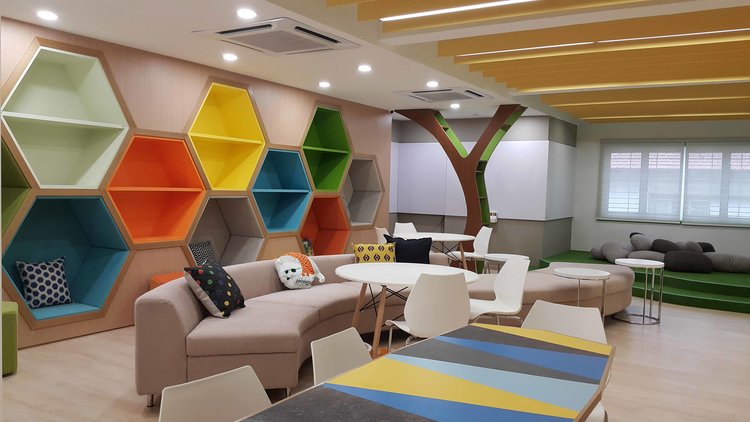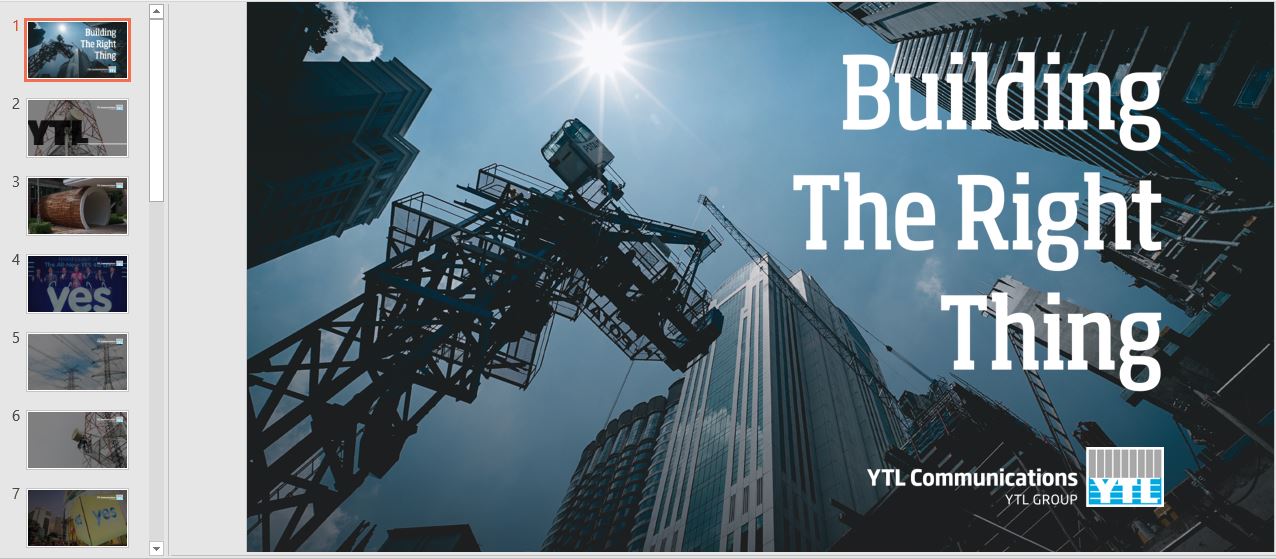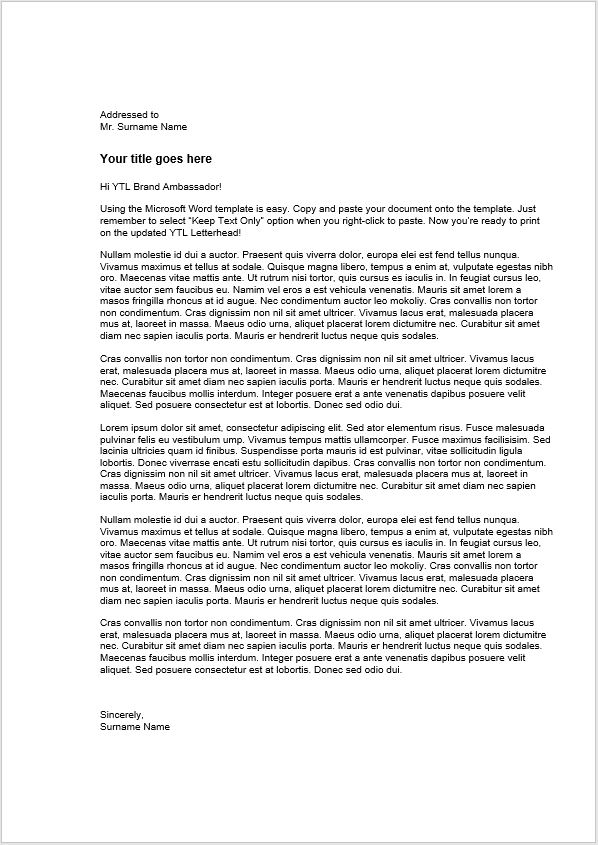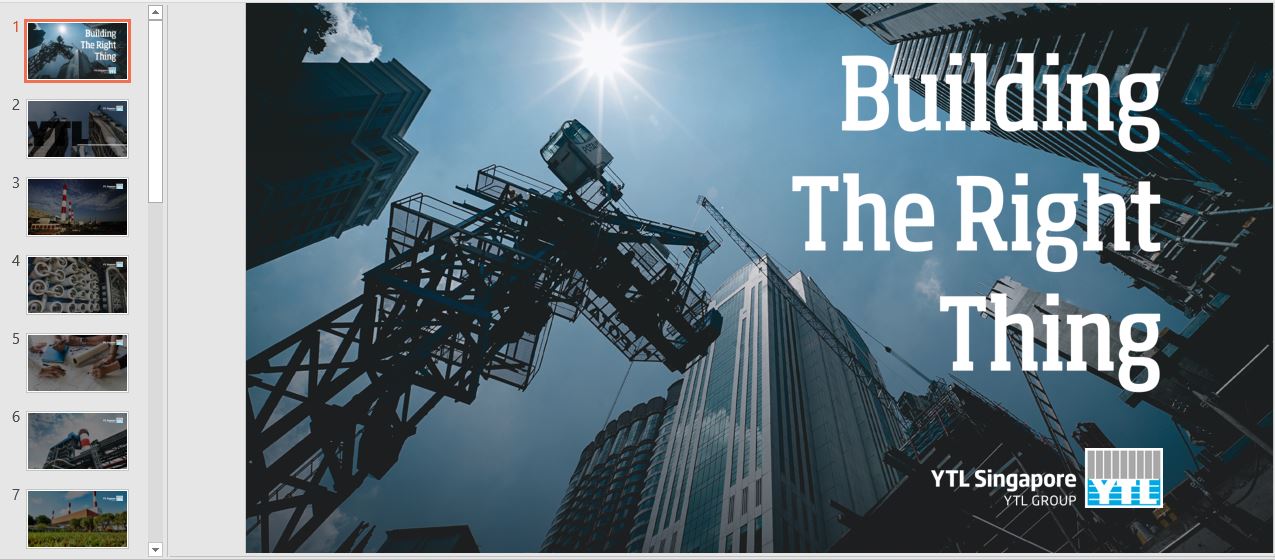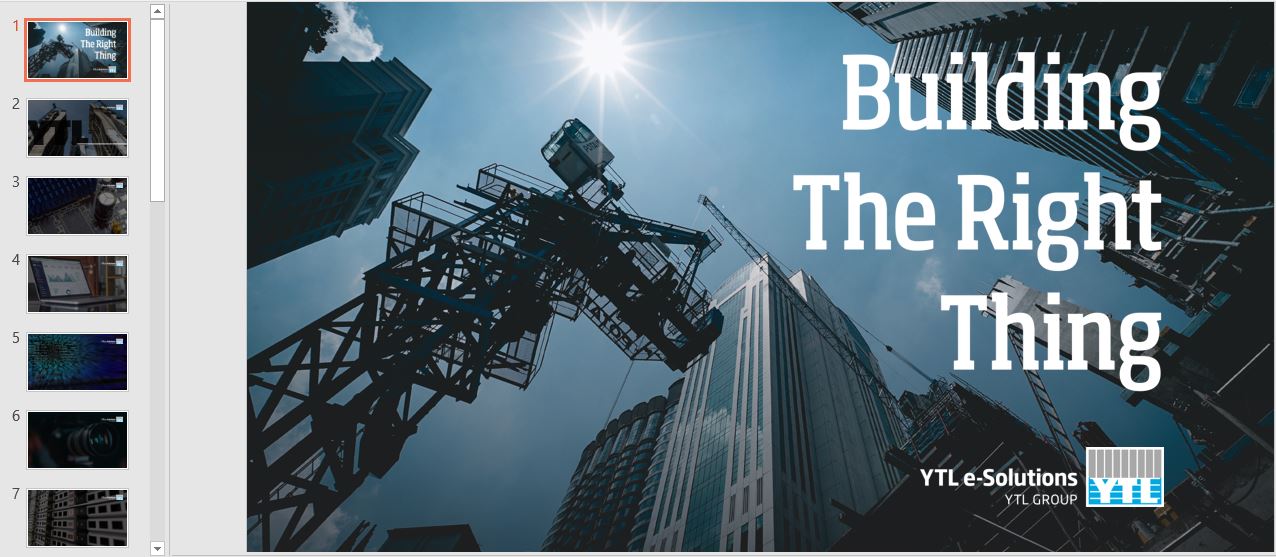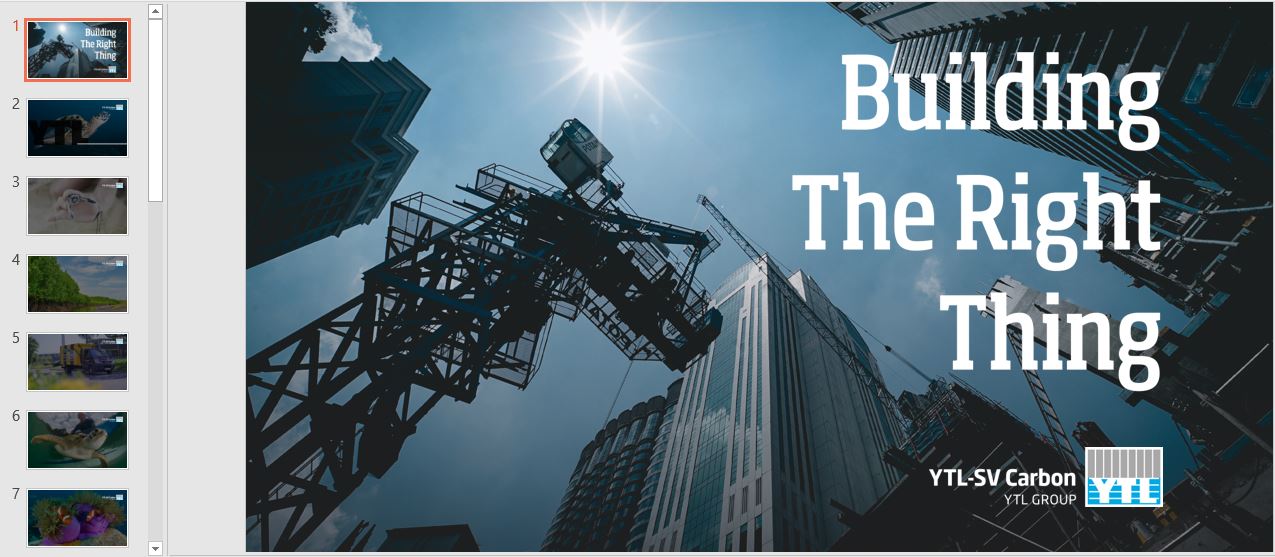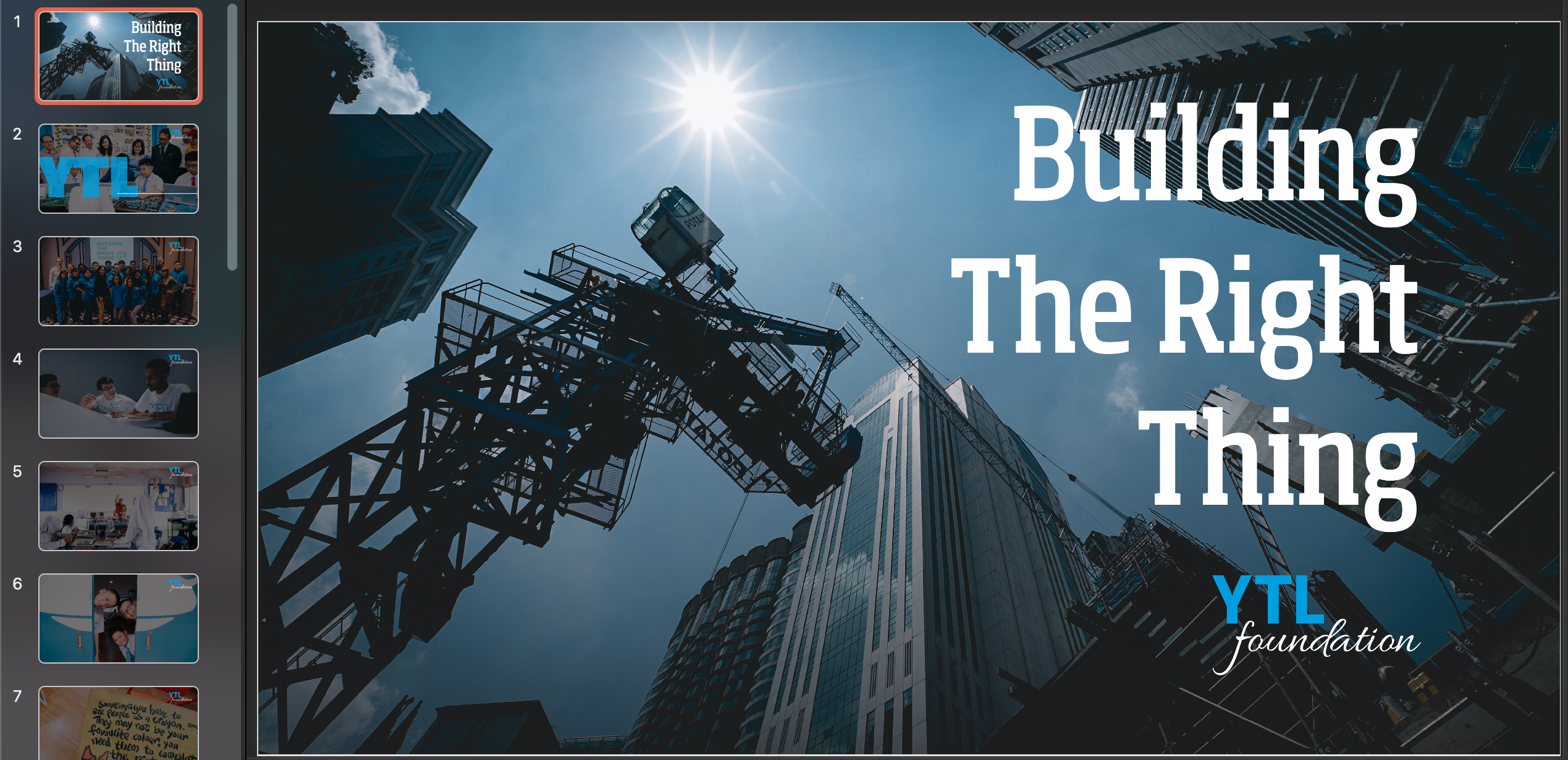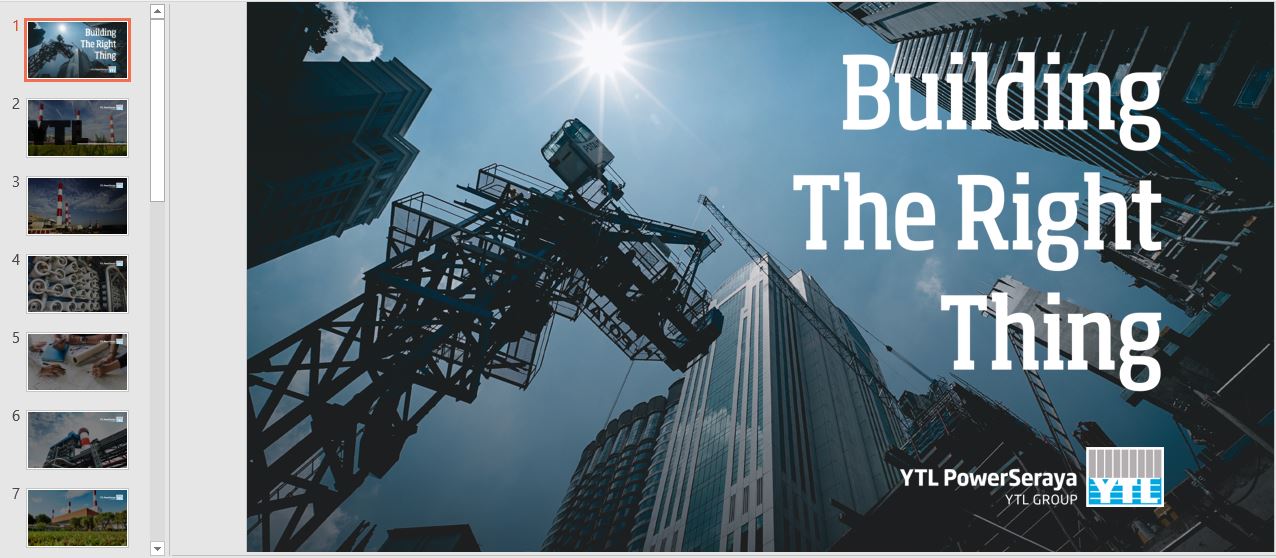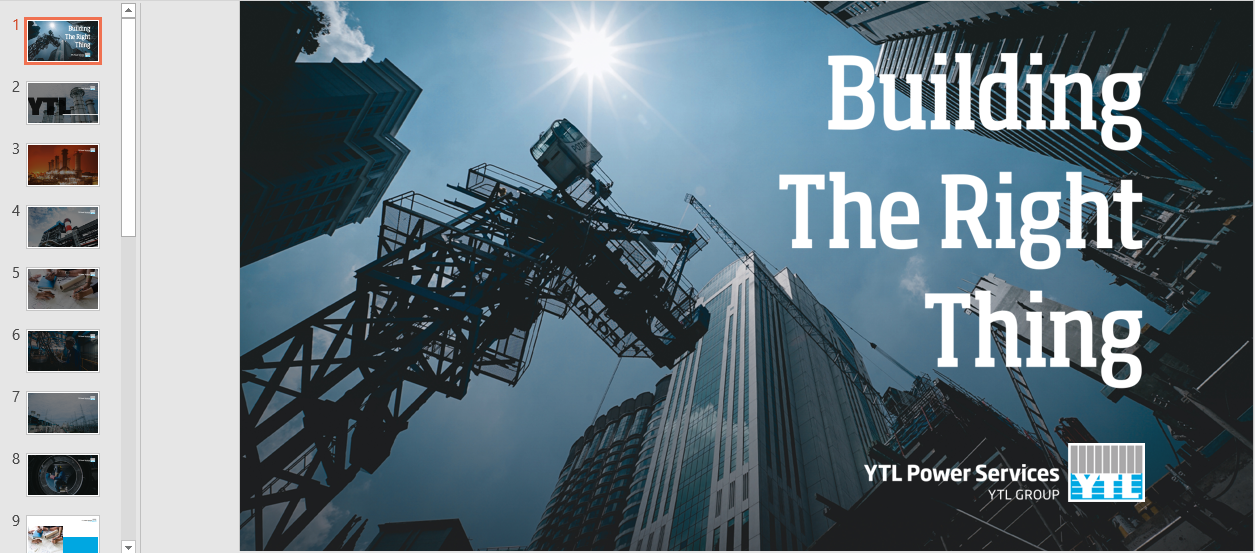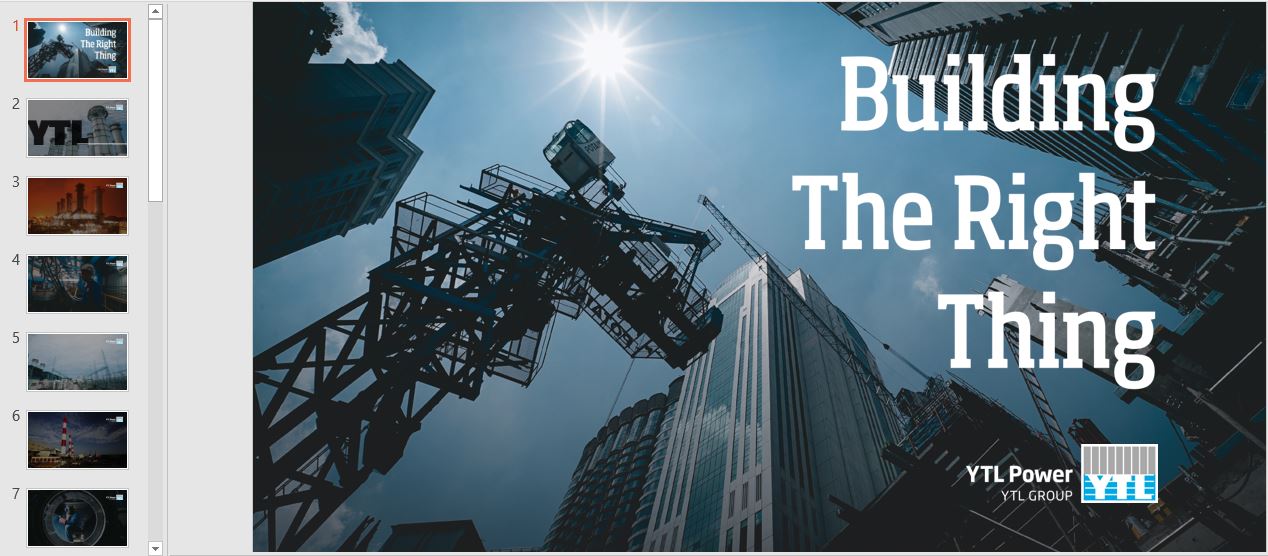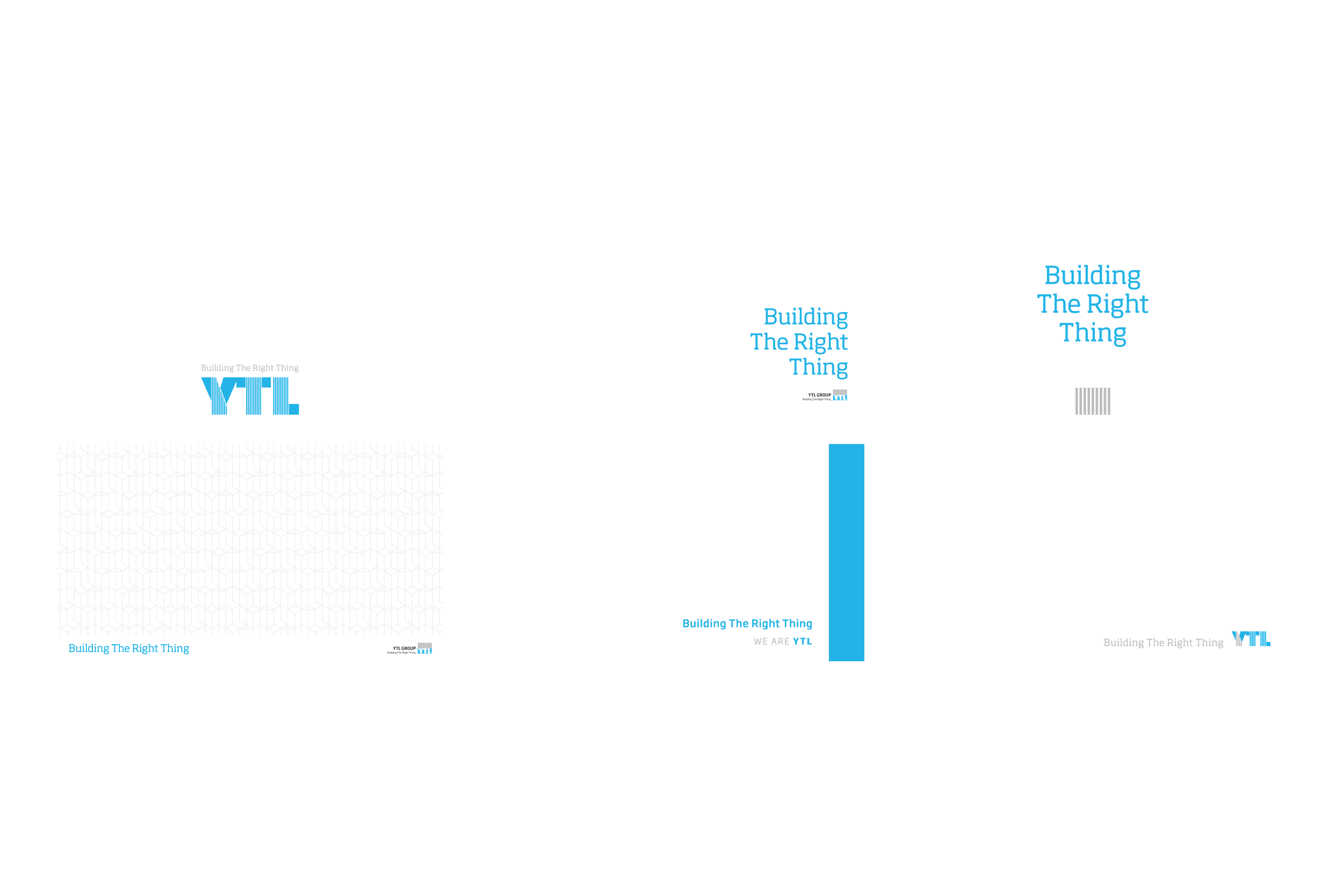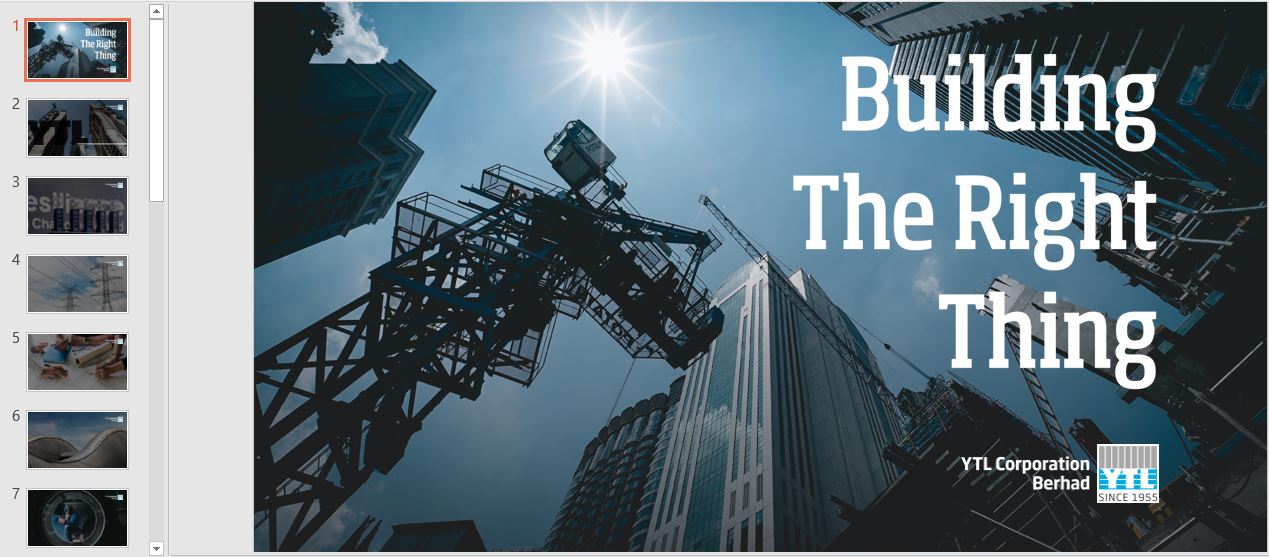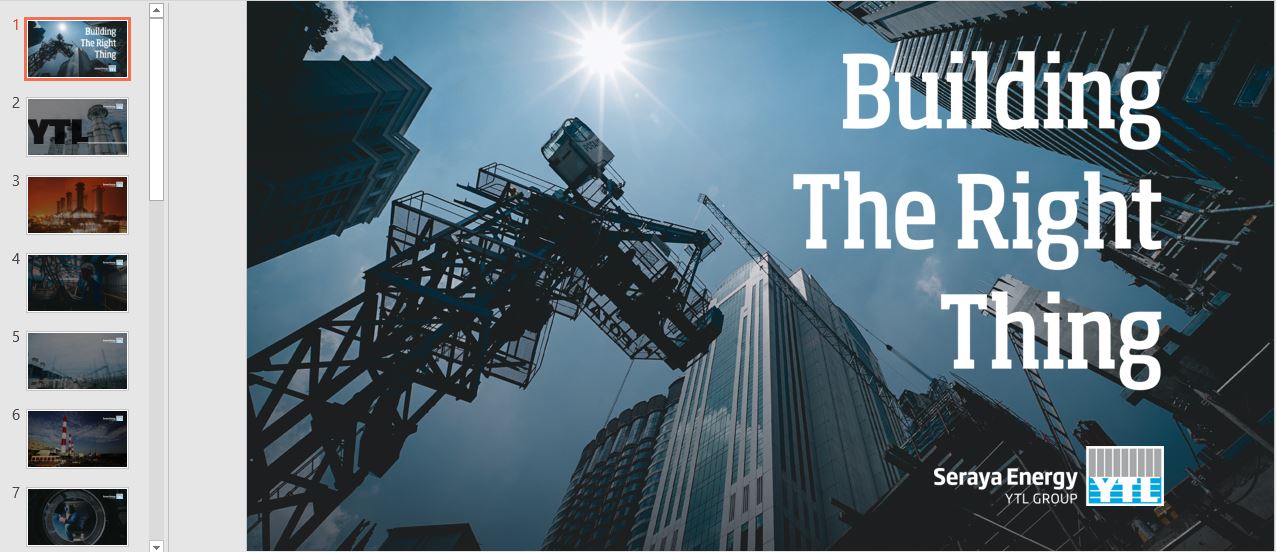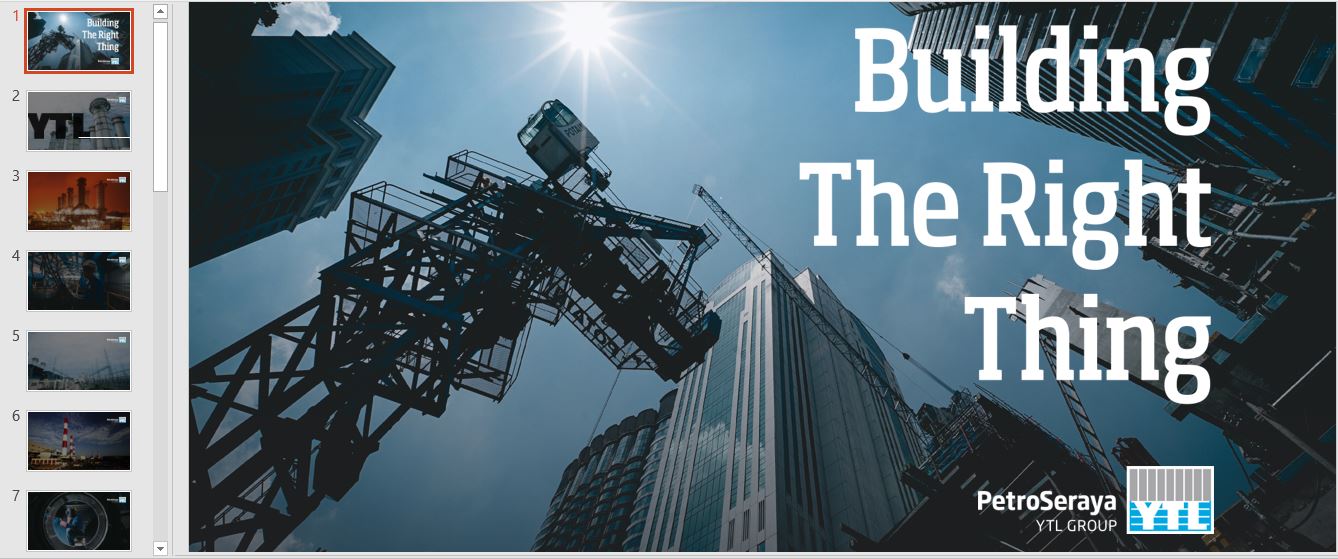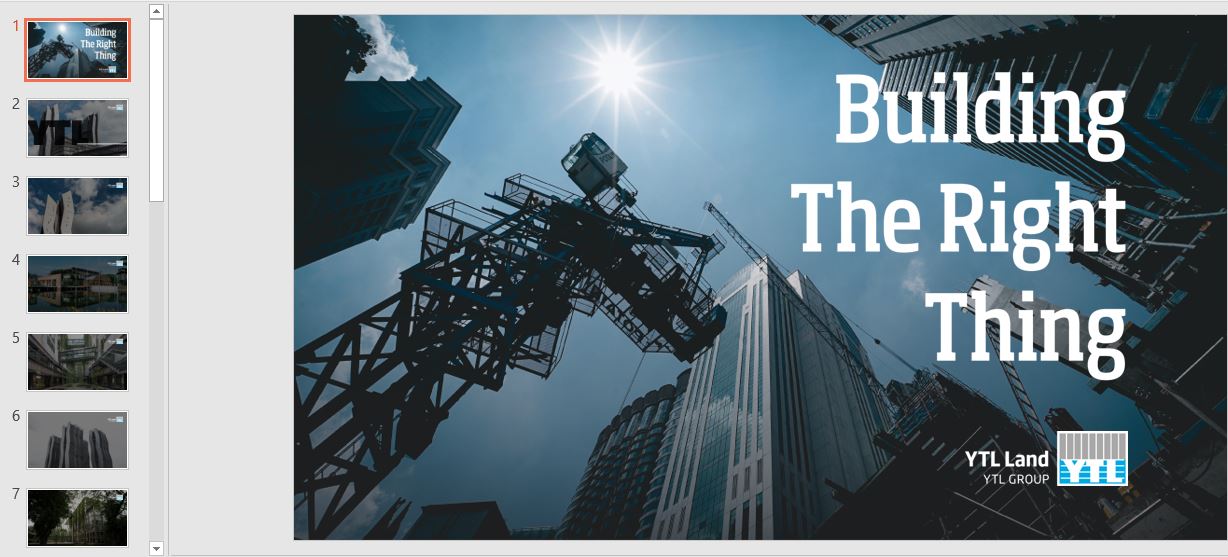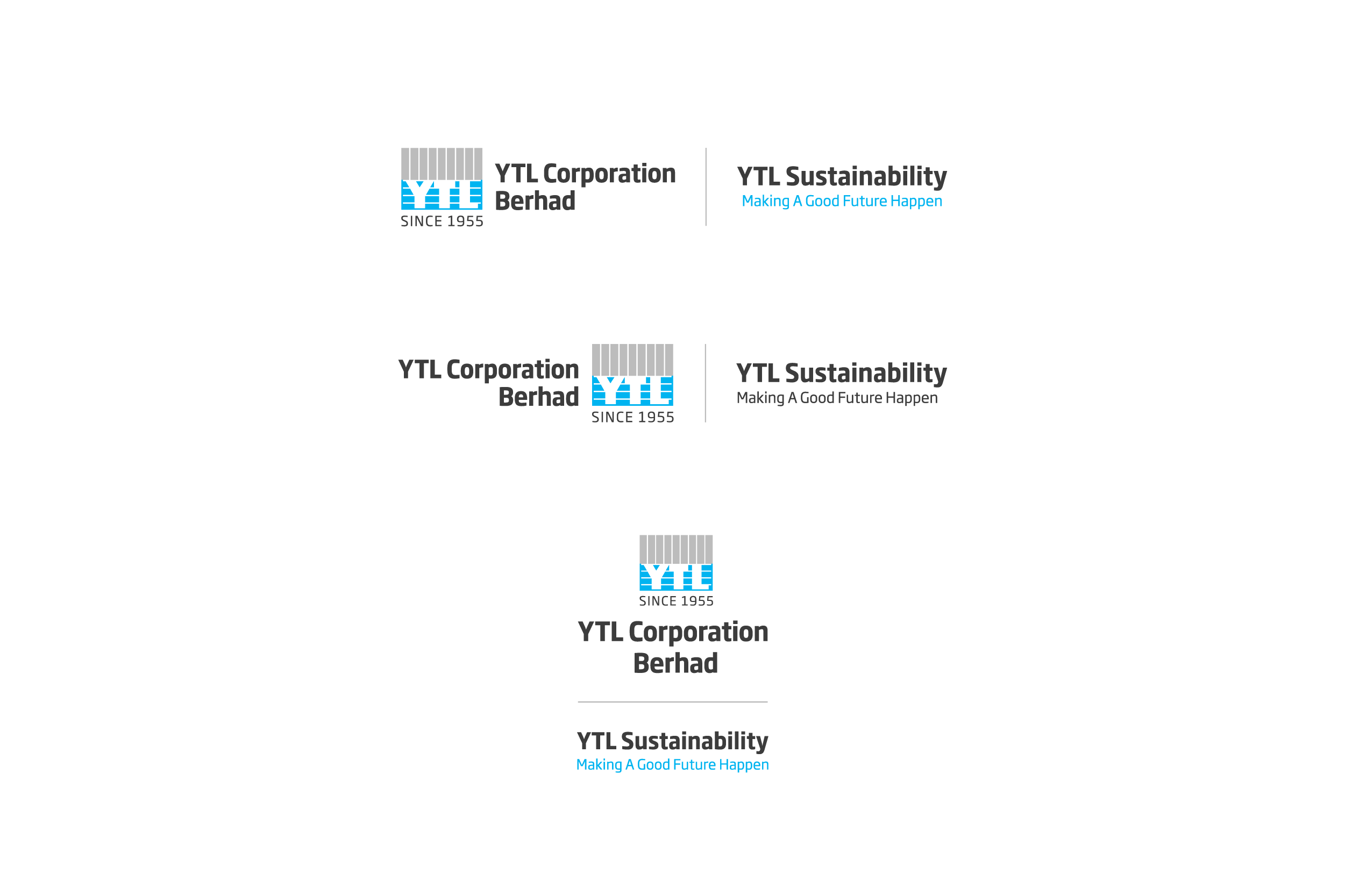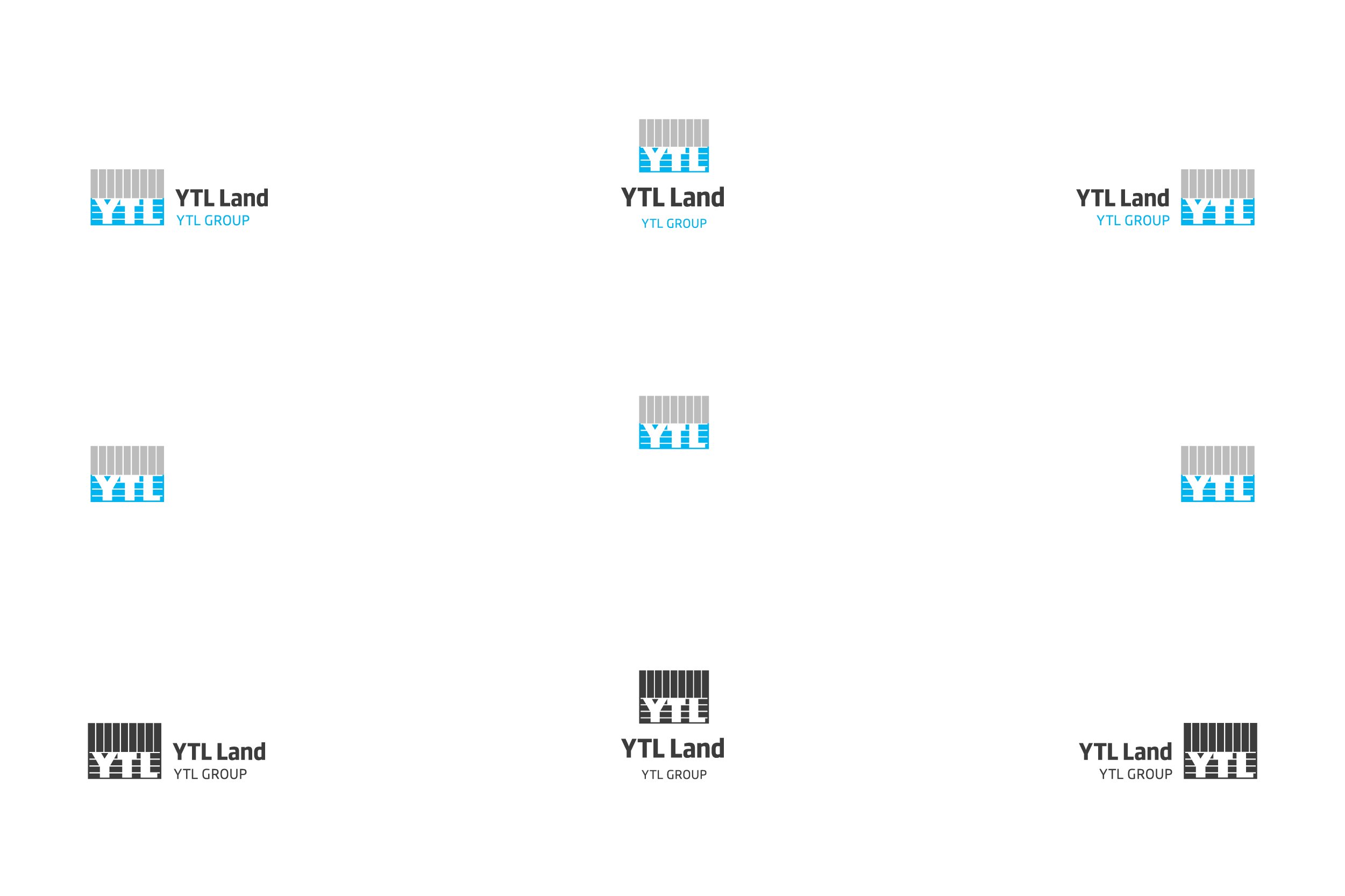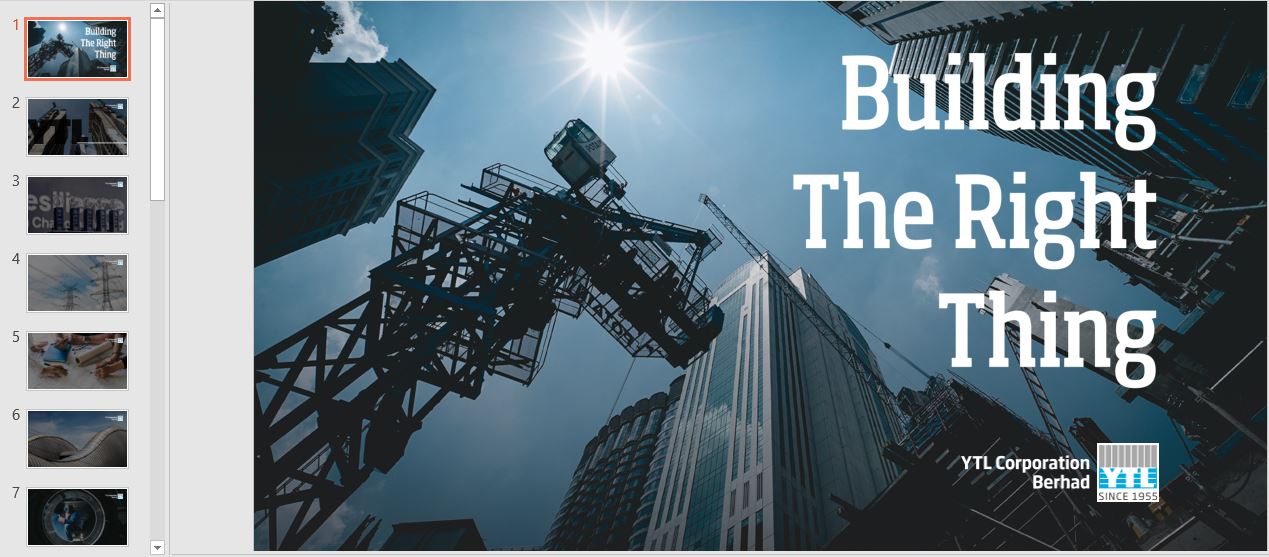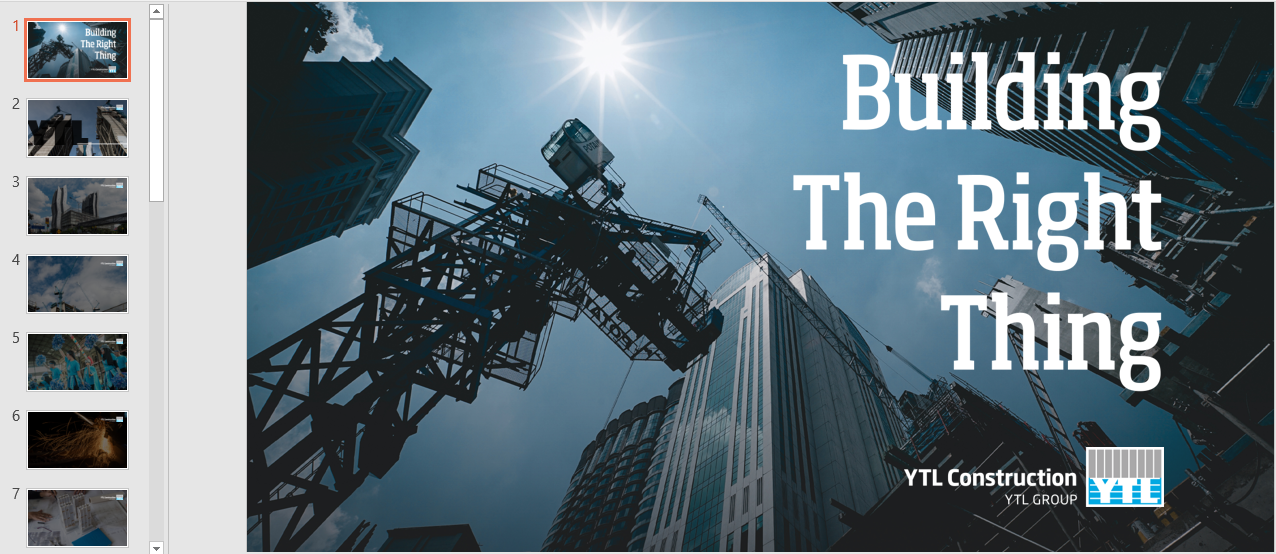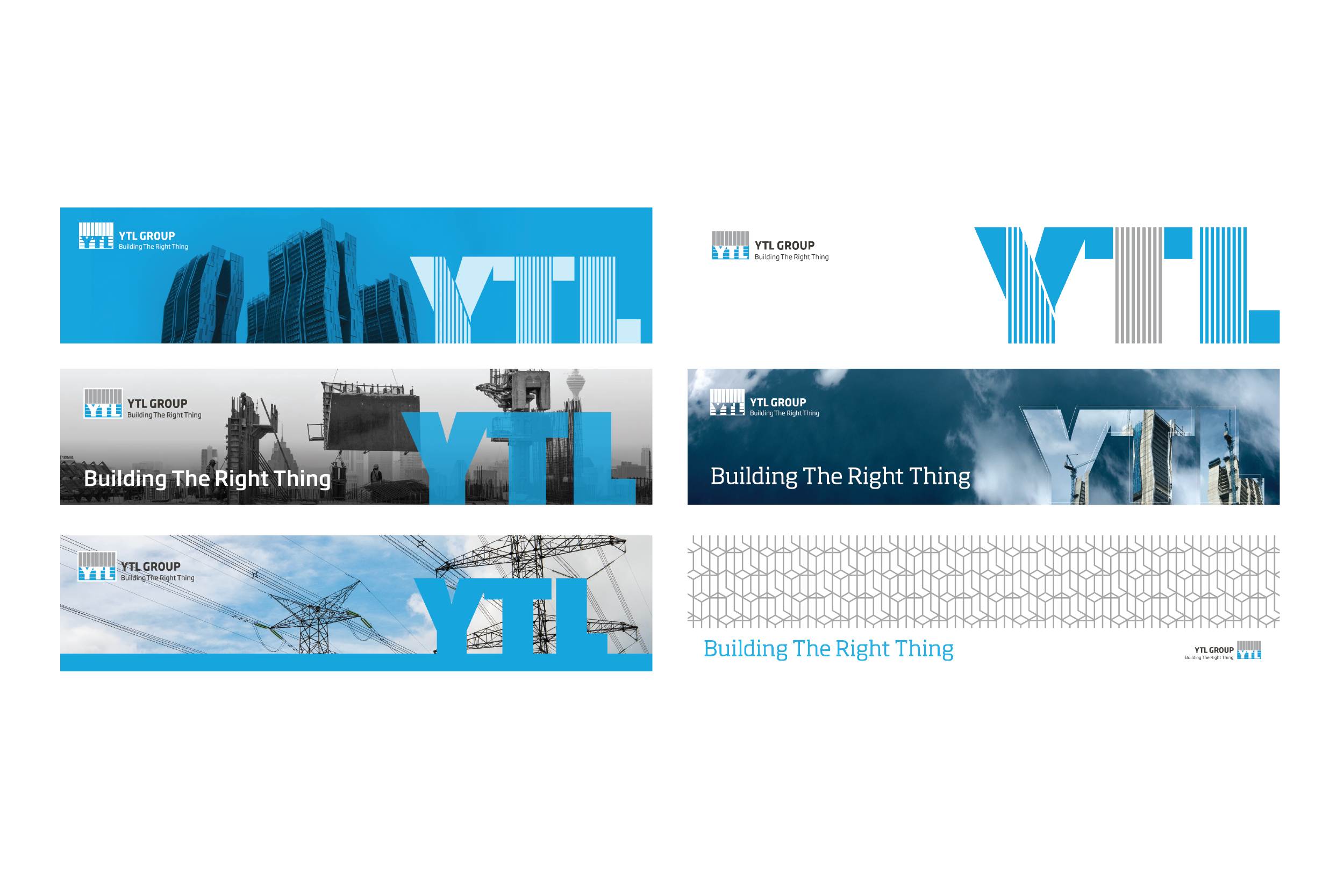What makes the CEO of YTL Communications tick? Read more here.
Identifying himself as a technologist, CEO of YTL Communications, Wing K. Lee is living proof that continuous learning will open doors and opportunities which ensures a better future. I caught up with him to learn more about his past, his most embarrassing moment, and which of his multiple patents are used by many without even realising it.
CLICK ON THE BOLDED QUESTIONS TO READ THE INTERVIEW

+TELL US ABOUT YOUR CHILDHOOD, WHERE YOU WERE BORN, AND HOW YOU GREW UP.
I was born and raised in Hong Kong, precisely in the central district, which is now quite famous because of Soho. My childhood home is a five minutes walk from there, so I know Hong Kong inside out. I spent my entire childhood there before moving to the United States at 17.
It’s nice being from Hong Kong, because it’s pretty much a cosmopolitan, It still has strong legs to the Chinese culture, so I’m fortunate to have a very deep understanding of the Chinese culture and the Asian way of doing things, at the same time, due to the cosmopolitan nature of Hong Kong, I got exposed to international viewpoint quite early on, and I think in that way, it’s a nice blend of east and west.
Hong Kong has offered me a unique opportunity but I could see that the same unique opportunity can be offered to many folks in Malaysia as well, especially now that we are able to bring 4G connectivity throughout the country.
+DID YOU HAVE A SECURITY BLANKET?
Not really, my childhood was challenging because I lost my father when I was seven years old, and was raised by my mother, so in that regard, my mother was my security blanket. I’m very close to my mother, and obviously, I have good memories of my father, up to the point that he passed away, I still treasure it a lot, but my mother made me who I am today. She’s my backbone.
I had to learn to be independent, not to rely on my mother too much because she worked so hard, and she was out all the time. I read a lot and spent a lot of time in the library. My mum bought me a camera when I was in Primary six, it was a Canon Rangefinder, a simple camera, and that became my main hobby – aside from reading. I would spend time in the library, then I would go out on my own, take a bus, take a ferry, and take pictures, and that became my key hobby for the longest time, and still is today.
+YOU THEN LEFT FOR COLLEGE IN THE UNITED STATES AT 17, HOW DID THAT HAPPEN?
Fortunately, through a lot of hard work, my mum was able to raise and save enough money to afford me the opportunity to go overseas to study. One thing my mum realised was that I had grown a bit dependent on her. She also had expectations of me to contribute positively to society and to be a person that would make my father proud because she loved my father a lot. So she decided to send me to America – to become more independent. It was my decision but with strong encouragement from her. Of course I was very happy to have an opportunity to go overseas.

+YOU WENT TO THE UNIVERSITY OF TEXAS AND TOOK COMPUTER SCIENCE, AND LATER TO MIT’S SLOAN SCHOOL OF MANAGEMENT FOR AN EXECUTIVE PROGRAM; WHY DID YOU CHOOSE TO PURSUE COMPUTER SCIENCE?
When I was in Hong Kong and had time during the weekends I would go help my mother who ran a small print shop business. I would go with her to meet her clients and I saw a lot of people who at that time, were using PC computers, mostly to show off. They weren’t really using them properly. I knew through my own studies, that computers could do a whole lot more, so I thought, Computer Science would be interesting because I was interested in how technology can improve people’s’ lives. I could see that a lot of people were still not able to harness the power of technology to make their lives better, so I thought, let’s study it, and see if I could help contribute to that.
Later I told my mum that I really wanted to learn programming, so I started doing programming and taught myself to write stuff. My first languages were CPN, QBasic and machine code, Assembler. I learnt all these by reading books.
+WAS THERE A MOMENT WHERE YOU THOUGHT ABOUT DROPPING OUT ALA STEVE JOBS?
Born and raised in Hong Kong makes me quite a traditional guy, and my mum was quite strict. I love her a lot, but she was very strict, so it really wasn’t in my mind that it was a viable plan. First and foremost, my mum funded my studies, so I owed it to her to give her a positive return on her investment.
+WERE YOU FAMOUS IN COLLEGE?
I was famous for being an introvert, people could hardly get me to talk. I don’t have any siblings to communicate with, to fight with, and my group of friends were small, so I just didn’t have that social skill. I was also famous, if you can call it that, for carrying a very heavy workload. I was very conscious of the fact that it was not cheap for my mother to put me through school, so I took on additional courses to ensure that I could shorten the time for me to complete my degree.
I did quite well academically, but my first job was a janitor, and it was a tough job. I had to mop floors and clean the bathrooms. So I promised myself that I had to find myself a better job next semester. After working as a janitor for a semester, I found myself a much better job in the computer labs as a lab assistant in the next semester and for a few semesters after that. In the second part of my second year, I started helping people as a tutor outside the school’s environment. I was very lucky because I was tutoring sons of a Chinese restaurant owner; I got myself free meals. It was really good and I’m quite proud of having been able to help them.
In my last two years in college, I got myself a job as a teaching assistant, which was a very good job because the pay was good and certainly much more comfortable.
+WHAT WAS THE BIGGEST LIFE LESSON YOU LEARNT IN COLLEGE?
I realised when I was in college that technology changes very fast. The academic knowledge I gained could get outdated quickly, especially in Computer Science. One thing I gained, is the ability to continue to learn and to learn continuously. I mastered the skill of going to the library to do research; I mastered the skill of collaborating with my classmates to get projects done, and I think the lifelong learning skill and ability to work with people to get things done are true life skills that have helped me through to this day. I believe learning is lifelong.

“I believe learning is lifelong.” – Wing K Lee
+WHERE AND WHAT WAS YOUR FIRST FULL TIME JOB?
Right after I finished college in the early 90s, I stayed back in America on my mother’s recommendation. There was a recession at that time in America during the presidency of the first Bush. It was difficult because even Americans had problems finding jobs, let alone an international student with no connections and no relations with anyone. I was interviewed by 27 companies, out of which, fortunately, I was able to secure three offers. I selected the one which I felt was the most intriguing, and that was with a company called JCPenney. They were one of the largest national retailers in America and they were interested to transform their IT system from a centralised system running on mainframe, to a decentralised system or what we call a distributing system running on microcomputers or PCs in various stores. In so doing, they could empower the manager at each of the stores to make their own pricing decisions, adjust their commission schemes, inventory management, and so on.
I thought it was quite an interesting job for a fresh graduate.. I could help the company transform and it was something quite interesting as distributing computing at that time was still ‘Bleeding Edge’. So I thought that if I could work on a ‘Bleeding Edge’ project as a young graduate, why not? I was responsible for the messaging architecture that allowed for high speed communication across all these terminals and the back office at a near real-time basis. Of course right now we take this for granted but back in those days it was good stuff. I was a pioneer in doing all of that.
Distributing computing became a mainstream concept after that and Sprint, which was a very large telecommunications company in America, was looking to do the same thing, to transform into a distributed enterprise. They were looking to build that type of skillset and it so happened that I had that skillset, so they approached me about the opportunity to join Sprint.
I thought that it was interesting, because, when I first came to America, calling my mother cost USD3.50 per minute on a copper line phone. I knew that there had to be a better way for people to communicate. There had to be a cheaper way, a more gratifying way. I always had this feeling that communications is one of the industries that can help bring people closer and transform enterprises and cultures. So when I was presented with the opportunity, I knew that it was something that I really wanted to sink my teeth in. I ended up with Sprint for 17 years.
+HOW AND WHY DID YOU AGREE TO BECOME CEO OF YTL COMMUNICATIONS?
It’s a fascinating story. When I first joined Sprint, they were building the first nationwide fiber optics network. The first to deploy such a network in the United States in 1993, it was a big deal. The quality was just superb compared to the traditional analog networks. My job function was to help design and implement the messaging architecture to allow for ongoing communications on that fiber optics network.
Conceptually it was similar to the one in JCPenney, but it was actually much more complex. JCPenney was mostly dealing with a Local Area Network, between the back office and the store, and all the terminals. But in Sprint’s case it was a national scenario, which covers basically coast to coast.
I was also responsible for doing research and innovation for Sprint and as part of that responsibility, I was involved in the 4G business to help drive innovation. In the early days, the formative days, Jacob Yeoh, our current Deputy CEO, was leading a team visiting America, meeting with technology companies that were embarking on their own 4G journey. That was when I ran into Jacob and his team in the conference room of our Virginia office. I walked into the room and he said, “Hey, that’s a Chinese guy!”, and we were joking around saying that it would be faster to conduct the meeting in Chinese.
In my role, I would frequently talk to different partners from around the world. And Jacob’s team was interested to find out how 4G was being implemented and how it was going to create value, and that was when the Wing-Jacob axis started, in 2008. We kept in touch from that time on and one thing led to another, and here I am, in KL.
When I was studying the opportunity in Malaysia, I discovered three numbers and until today they’re very impactful to me. First number: 130%, it is the mobile penetration in Malaysia, a very high number. The second number: 35%. It’s the Internet penetration in this country. What it meant was that a lot of people had handphones, but those handphones were being used for the most part for making phone calls and sending SMSes, not as a mobile Internet devices. The third number: 26, the median age of this country. Immediately anyone could come to the conclusion that there was an insatiable desire for more and better data. What it meant was that it was a once in a lifetime opportunity – for me, at least, to bring some of the lessons learnt, experience that I had, and technology knowhow from America to Malaysia. To work with my colleagues at YTL Communications, to do the right thing and bring high quality Internet to all Malaysians and change that equation for once.

Wing K Lee speaking the the YES4G LTE launch
+WHAT IS THE MAIN DIFFERENCE BETWEEN YTL COMMUNICATIONS AND THE OTHER COMPANIES YOU HAVE WORKED FOR?
YTL Communications is a very pragmatic company. We adapt quickly. Even though we are part of a large conglomerate in Malaysia, the YTL Group. We don’t have the problem of other large companies where decisions are made slowly, execution happens even slower, and people are often in conflict with one another. The hardest part for a company to succeed long term is to figure out how to scale. In the beginning, we only had about 80 people. It was relatively easy for us to organise ourselves to have the same vision, and to execute the same vision. When you get yourself to a company size of 600, 800, 1200, like what we have right now; it becomes a little bit more challenging to ensure that we can still communicate, to ensure that we can still execute coherently, to ensure that we are still aligned, and have shared KPIs that help drive continuous execution. The ability of a company to scale often times defines its long term success.
+YOU HAVE QUITE A NUMBER OF PATENTS. WHICH IS THE MOST FAMOUSLY KNOWN?
So far I have 28 US patents, I also have patents in Singapore and Korea as well. Out of the 28 US patents which I quite enjoy having, the one I’m most proud of is called Contextual Based Service Delivery, if anyone has used Google Now, that’s basically it.
There are three key dimensions to create meaningful content for us to act upon. One dimension is time, the second dimension is location, and the third dimension is personal preferences or personal data. For example, right now, the time is 5:30. I’m sitting in One Oriental Place, in the middle of KL. Let’s say that one of part of my personal information, say, my calendar, says that I have a flight at KLIA at 7 o’clock. Guess what? In light of the traffic pattern around KL, the real time traffic feed that you can get from Waze or whatever, you will know that the travel time from One Oriental Place to KLIA would be 55 minutes. Now it’s 5:30, if I have a flight at 7 o’clock I had better leave now. Wouldn’t it be nice if I had a notification on the phone that says, “Hey Wing, you should leave now, and by the way this is the route you should take because based on the traffic grid, we detected a problem on the MEX highway.” Wouldn’t you want that information as you leave the building? As opposed to finding out when you get on the MEX highway?
+WHO IS/ARE YOUR ROLE MODEL(S)
When I was in MIT, I was also a sponsor of the media lab representing Sprint. Not only did I take classes there, I also had the opportunity to work with some of the top researchers in the world at that media lab. One thing that I learnt from working with these world class scientists is that the smarter and more knowledgeable they are the more they realise there is more for them to learn and the more humble they get.
Some of the brightest minds that I’ve had a pleasure to work with and learn from are super humble people and it has given me a lifelong understanding, appreciation and humility to realise that we can never stop learning, there’s always someone that pops into your life that you can learn from. So I try to learn from every single interaction.
+WHICH WOULD YOU RATE AS YOUR HIGHEST ACHIEVEMENT SO FAR?
YTL communications is amazing. We started with nothing. With no network and we built this amazing 4G network and launched LTE on top of this network. We have crossed Malaysia’s digital divide and introduced high quality digital technology to the next generation of kids so that they have the ability to compete globally. I think that’s amazing. To use technology to transform a country’s future and impact the lives of future generations, that’s super gratifying – it’s beyond words.
At the end of the day, I’m a technologist. The most gratifying thing for a technologist is to apply the knowhow and together with my colleagues, to do something we couldn’t have done by ourselves. I think the power of the team is that we can do things that individuals can’t accomplish. If that shared objective is so noble such as bringing positive change to improve the lives of the entire country and open up the world to the next generation of kids and get paid along the way to do this…amazing!
+DESCRIBE YOUR PROFESSIONAL LIFE IN FIVE WORDS.
I will over-achieve: Non-Stop. Fun.
+WHAT DO YOU DO IN YOUR FREE TIME - IF YOU HAVE ANY?
I enjoy photography. It’s something I have enjoyed since my childhood. So about once a month, on a Saturday morning, I’ll go out and shoot. My life is quite digital, so photography is good because I get to unplug from a digital life and go analog and pay attention to my surroundings and appreciate my environment.That’s good for my mind – it lets me clear my head.
Just recently, I took my family to Europe for a couple of weeks, so I took a lot of pictures. I got to enjoy time with my family, which is obviously precious, I also got to enjoy my surroundings and took take lots of pictures and brought bring home lots of memories.
+EVERY FAMILY HAS A TRADITION, WHAT’S YOURS?
We eat. Eating is such a bonding experience. Along the way, we’ll crack jokes. It’s fun whenever I go with my family. My meals are my quality time with my family, where I won’t be looking at the phone, try not to respond to WhatApps and focus on the three beautiful human beings in front of me, my wife and my two daughters, and just talk.
I love food, but my wife isn’t as adventurous, so I do all the tasting first and then if it’s good I’ll bring them there. But there are so many that I can’t pick a favourite. I enjoy the Penang style prawn noodles, I enjoy laksa, Sarawak laksa big time. Pork noodles, beef noodles – there’s one near the office. I also enjoy Nasi Lemak and once in awhile I’ll do the Nasi Kandar. It’s so filling that after one meal I can’t eat anything else but it’s fantastic.
+TELL US SOMETHING THAT NOT MANY PEOPLE KNOW ABOUT YOU?
I used to be a runner. I ran in open competitions in Hong Kong. Half marathons and long distances. I was ranked number 27 in Hong Kong for those under 20. But I’m out of shape nowadays.
+WHAT WOULD BE YOUR MESSAGE TO EACH AND EVERY ONE OF THE YTL FAMILY
Be proud of what you’re doing. Leave a legacy and do the right thing. By doing the right thing, the right path is going to open. The one thing I’m confident of and I can say that to any young person out there who cares to listen, is that by doing your best in what you have right now as your assignment, the right doors are going to open to a better future.
By Amir Hamidi Amha



